How Much is a Home Inspection in Northern Virginia?
Buying a home is an exciting process. Whether it’s your first or your fifth, there are few transactions with the power to totally transform your life like the purchase of a new home.
And you may be wondering, particularly in the current environment, how much is a home inspection in Northern Virginia?
Well, you’ve come to the right place. I’m here to give you estimated pricing, how long it takes, and a quick overview of the report you’ll receive on the other end. These prices are also pretty aligned with Maryland and Washington, DC, home inspection costs as well. One quick caveat though; home inspection cost does vary, so the below should be considered a guide, rather than a guarantee.
We’ll also explain how we decide what home inspections cost, but first, the answer to the question that brought you here:
What does a home inspection cost in Northern Virginia?
Condo: from $350
Townhouse: from $400
Single Family Home: from $550
Equestrian property: from $850
Radon testing: from $125
Termite: from $45
Septic: variable
Mold / air quality: variable
We included the average cost for common add-ons, like radon testing, septic, and indoor air quality testing. Not every home will require these services, but it can be useful to have them in mind. When you contact us to schedule your inspection (we’re licensed in DC, MD, and VA), be sure to mention that you’d like these services. We’ll be happy to manage it for you from start to finish. We can also probide final walkthrough inspections in Northern VA upon request.
What is home inspection cost based on?
Different home inspectors use different strategies to decide how much they’ll charge. For some, it’s based purely on square footage. For others, it’s a percentage of the cost of the listing. For more still, it’s somewhere in between. The age of a home can also play a factor - for example, a recently finished home may cost less than its 30 year old counterpart.
And of course, not unlike real estate itself, the cost of living in the area can have a significant impact on the home inspection cost. Hence why northern virginia tend to fall higher on the typical range of things.
How long does a home inspection take?
Common sense dictates that a larger house will take longer than a smaller one. In many cases, this holds true. However, the condition of a home can make even the coziest of condos take extra time. Here’s an estimate of about how long the average inspection takes, depending on the size of the home primarily:
Condo: 1.5 to 3 hours
Townhouse: 1.5 to 3 hours
Single family home: 2 to 4 hours
Equestrian property: 4+ hours
Your inspector may need more or less time though, depending on the complexity of a potential home. Many people also ask if they need to be in attendance. While I recommend that both the real estate agent and the buyer are present, the report does cover everything that you need to know (and any good inspector will be happy to chat with you about their findings).
What does the report include?
A home inspection includes a detailed look at all the major systems of the home. This includes HVAC, foundation, appliances, windows, and much more. An inspection can catch anything from a pipe leaking CO2 (yes, it has happened) to a cracked foundation, to a home that needs entirely new windows. Some repairs are small, some are significant - all are items you deserve to know about when you buy a home. Your inspector may be able to make recommendations on the average cost of common repairs.
Your report includes the following:
Summary pages
Items not operating
Potential safety hazards
Deferred cost items
Photo summary
The average inspection report is about 30 pages long, so we are sure to spare no detail (though once we did an equestrian property that was 180 pages). The summary is where you can find the most important items you need to know. If you are able to attend the inspection, your home inspector can usually walk you through these major items on the spot, as well as sending you the written report.
Next steps:
Regardless of where or what you’re buying, a home inspection can not only highlight the best features of a home, it can also potentially save you thousands in costly repairs. It can also give you the opportunity to ‘get to know’ your new home; by giving you answers to questions like: how do I switch off the water main? Or, where is my panel box? You can learn more about what to expect in my article, A Comprehensive Guide to a Home Inspection; Northern Virginia Edition.
I was also recently featured as a home inspection expert on Redfin where I discussed this exact topic. Check out the article we were featured in as it covers this topic and a bunch of other useful considerations for when you’re planning an upcoming inspection: Virginia Home Inspection Guide for Homebuyers.
Got questions? Prefer to talk before you book your inspection? Red Star Home Inspections is InterNACHI certified home inspectors and you can contact us directly at ryan@redstarhomeinspections.com or 703 431 4339. You can also check out our full list of home inspection services (for example, if you need radon testing in Arlington, VA, we can help you with that too) or learn more about us.
If you enjoyed this content, check out the following:


